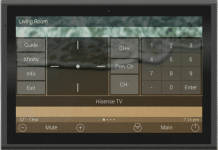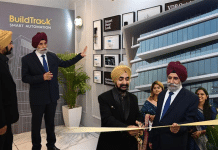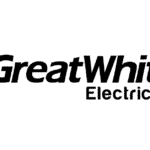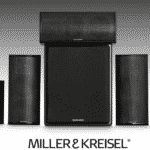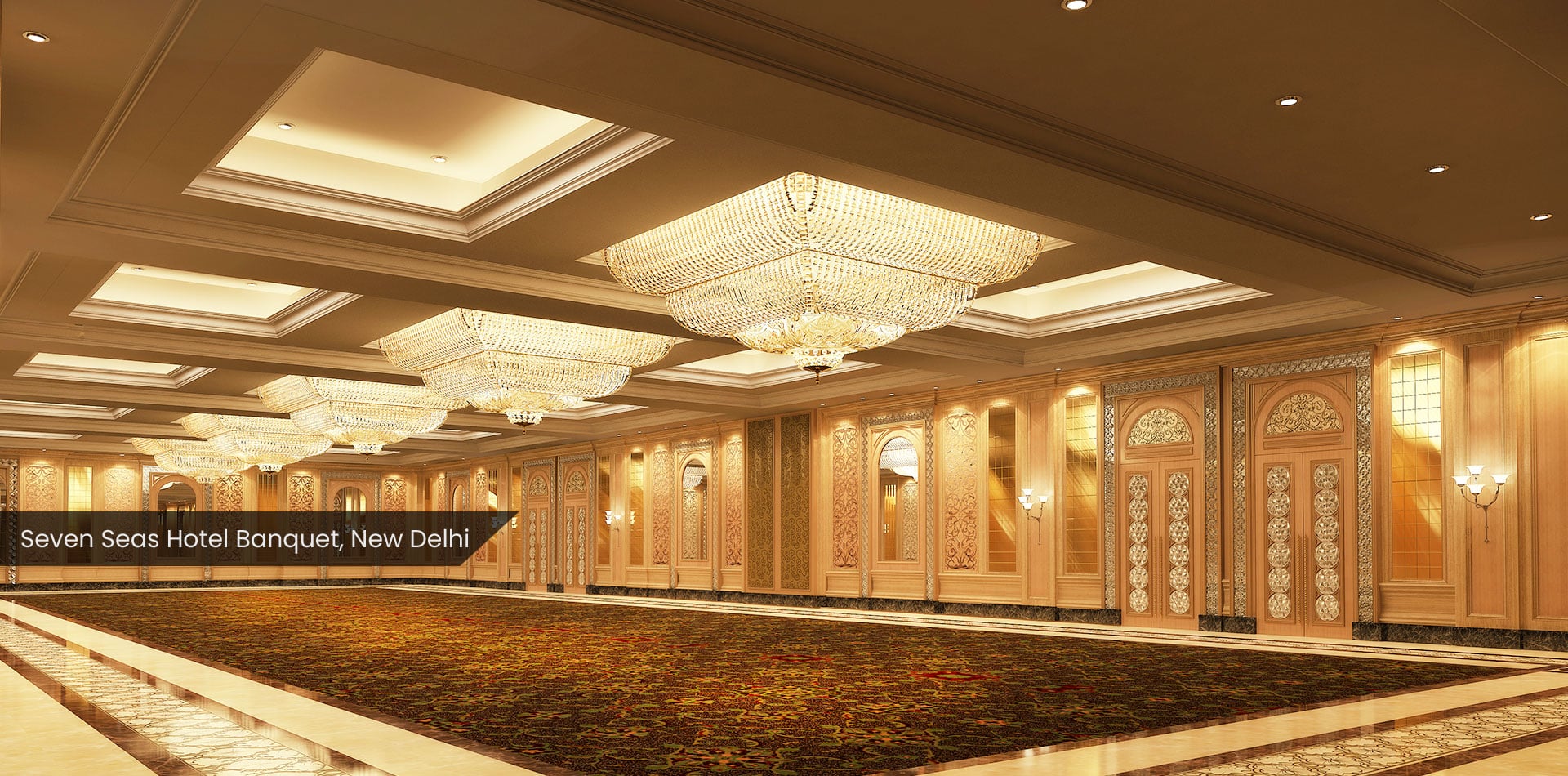
Established in 2002, Anusha Technovision (ATPL) offers one-stop lighting controls, AV systems and complete automation solutions for hotels, residences, corporate offices and commercial spaces. With offices spanning New Delhi, Mumbai and Bengaluru, ATPL has over 200 clients across the country.
In a chat with Smart Homes, Alok Hada, Managing Director, Anusha Group believes that the automation industry will see a rebound higher than the pre-pandemic levels. Going forward, Hada sees the Indian automation market to grow at 20-25% YoY in the next 5 years.
There is a general perception that there has been an increased shift towards automation during the pandemic. Can you share your views on it?
People who had installed home automation started using it more during the pandemic time. In fact, they were also demanding customisation. Apart from the residential sector, we also cater to the hotel industry, and commercial/ office spaces. But it is the residential segment that actually helped us during these tough times. When the lockdown was lifted, we were out there completing the residential projects. However, the hospitality segment has still not revived for the automation segment.
Which segment do you see more demand in the home automation within residential?
Lighting automation is one of the most popular segment and has been a major contributor to our business. If the customer shows some interest towards other areas like music system or ACs, then we upsell. What we have observed is that 70-80 percent, clients choose to upgrade from their initial idea of lighting automation.
Can you elaborate on the concept of eco-friendly automation?
If you dim the light by 20% the energy saving on your bill will be around 30%. If you compare the residential and commercial buildings, the requirement of smart lighting in residential is more to create ambience. On the other hand, in commercial, being energy-efficient is the driving factor.
The eco-friendly concept is more apt when it comes to commercial buildings as green building concept is the new norm. For residential, if someone is able to contribute to society and environment, it is fine but that is not my primary focus.
Is retrofit a major challenge for the home automation segment?
In the recent years, many companies are making products that are retrofit compatible. Because that is a huge market which is readily available. People are looking for solutions that are easily installed which can be retrofit.
Can you highlight three key challenges that the industry is facing?
If the right products are not chosen, instead of convenience, it can add on to your troubles. For example, occupancy sensors were very popular at one point. However, the wrong product gave adverse experience to customers. Choosing the right technology and the right product is key in automation.
Voice control is the in-thing now with Alexa and Google Home. How smooth is the integration of voice control?
Alexa helped us overcoming technological problems that used to happen with voice commands. It helped us bring in this technology into the home segment and made it work. As technology gets better, I expect that the home automation products will come with Alexa and Google Home as inbuilt options.
What is your expectation of the Indian automation market?
This year, the automation industry expects a rebound but not to pre-pandemic levels, but it will register a growth that was lost in the last year. A robust growth for the industry is what I foresee. A matured market like the US registers 5-7% growth. In that case, the Indian market can grow at 20-25% YoY in the next 5 years. For the company, I expect a 20-25% growth over last year’s levels.



